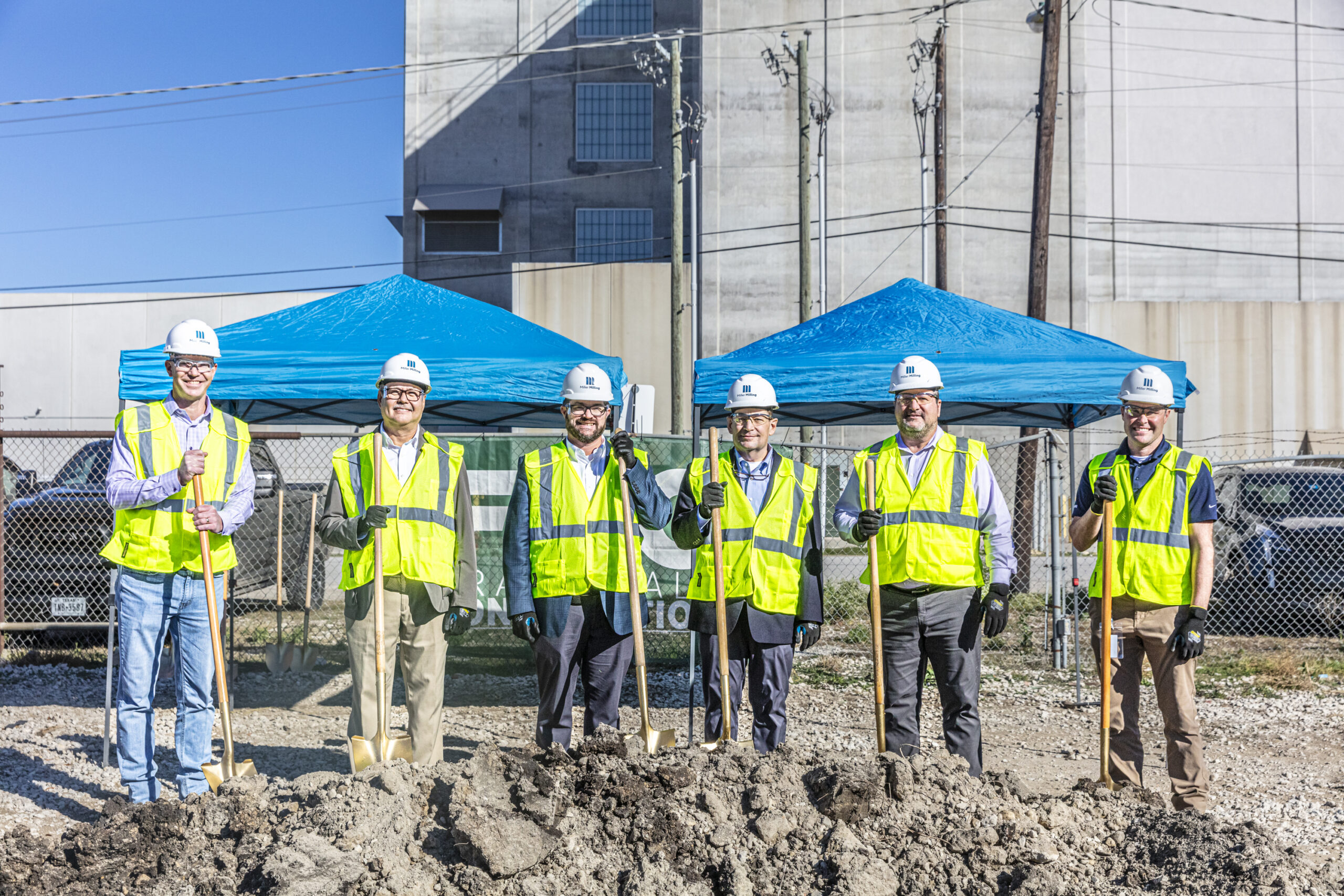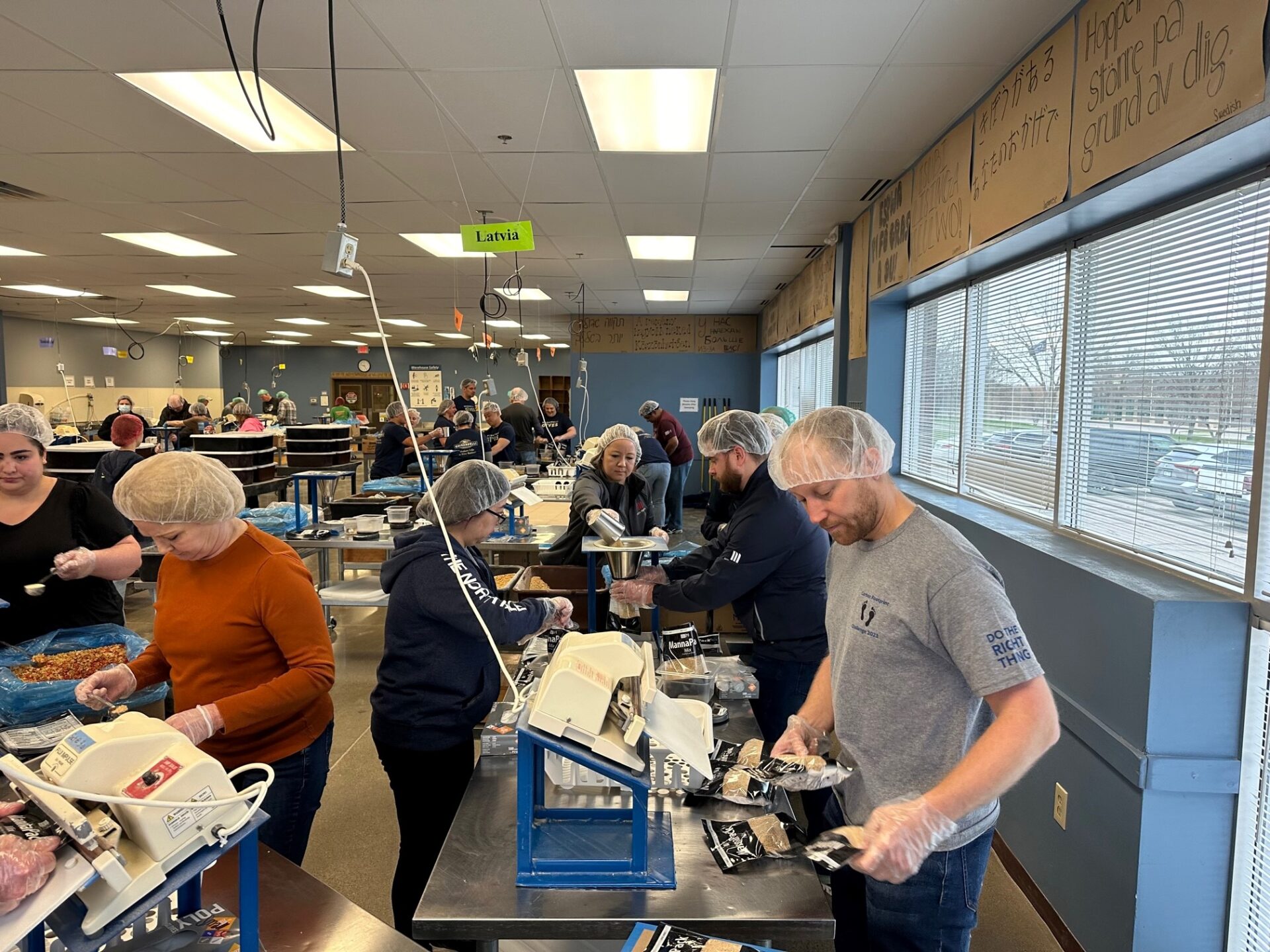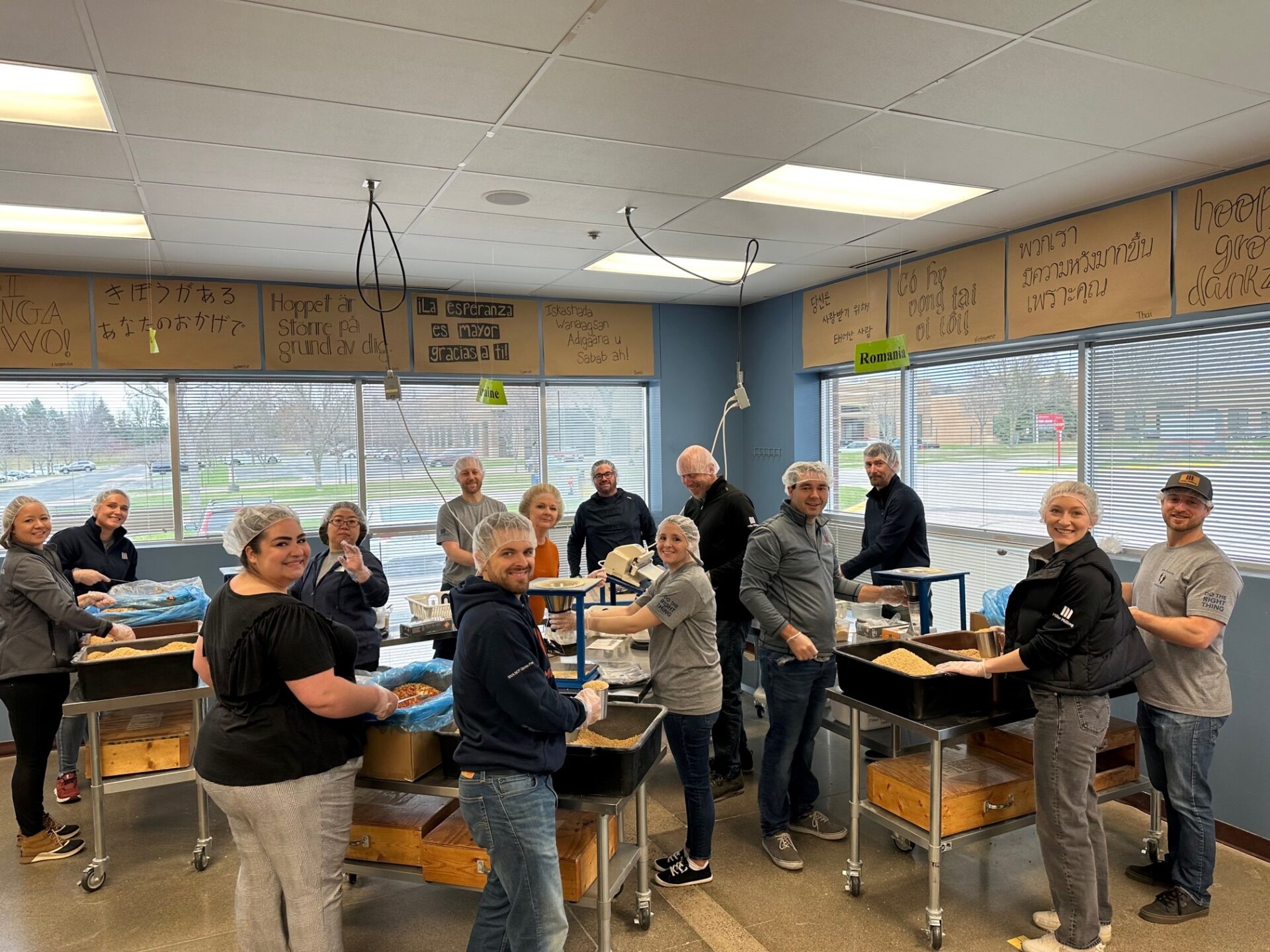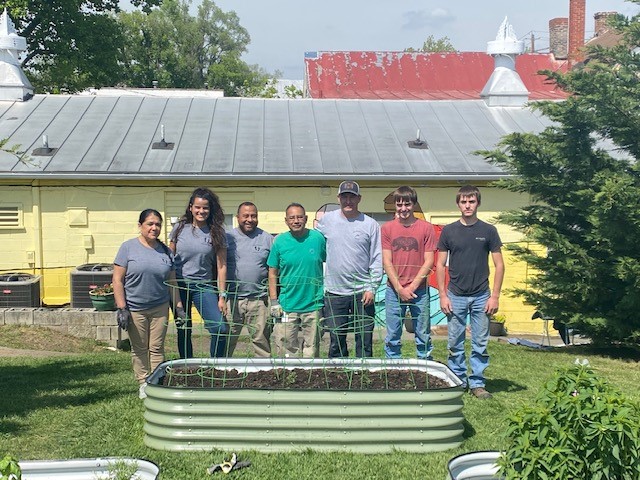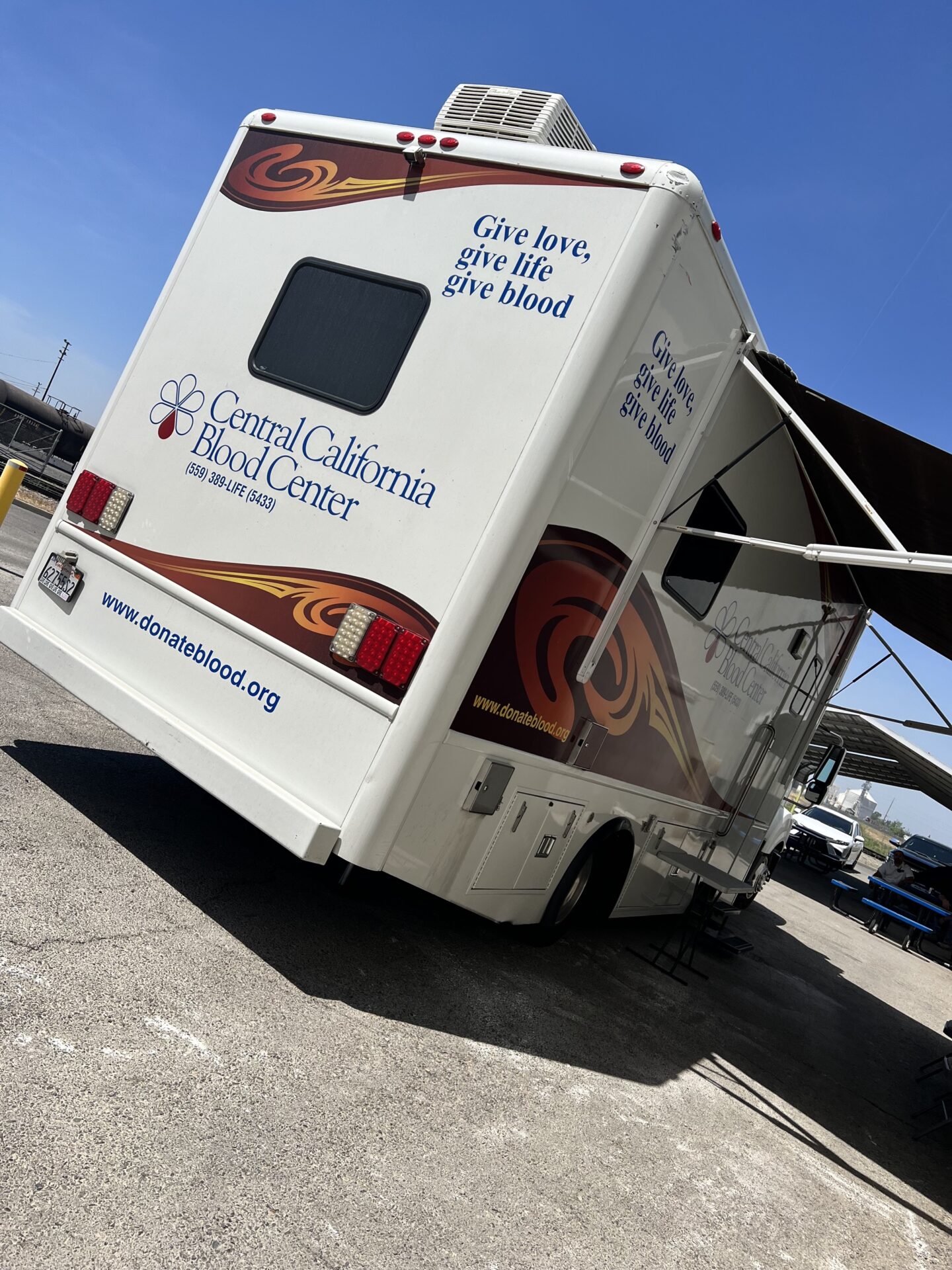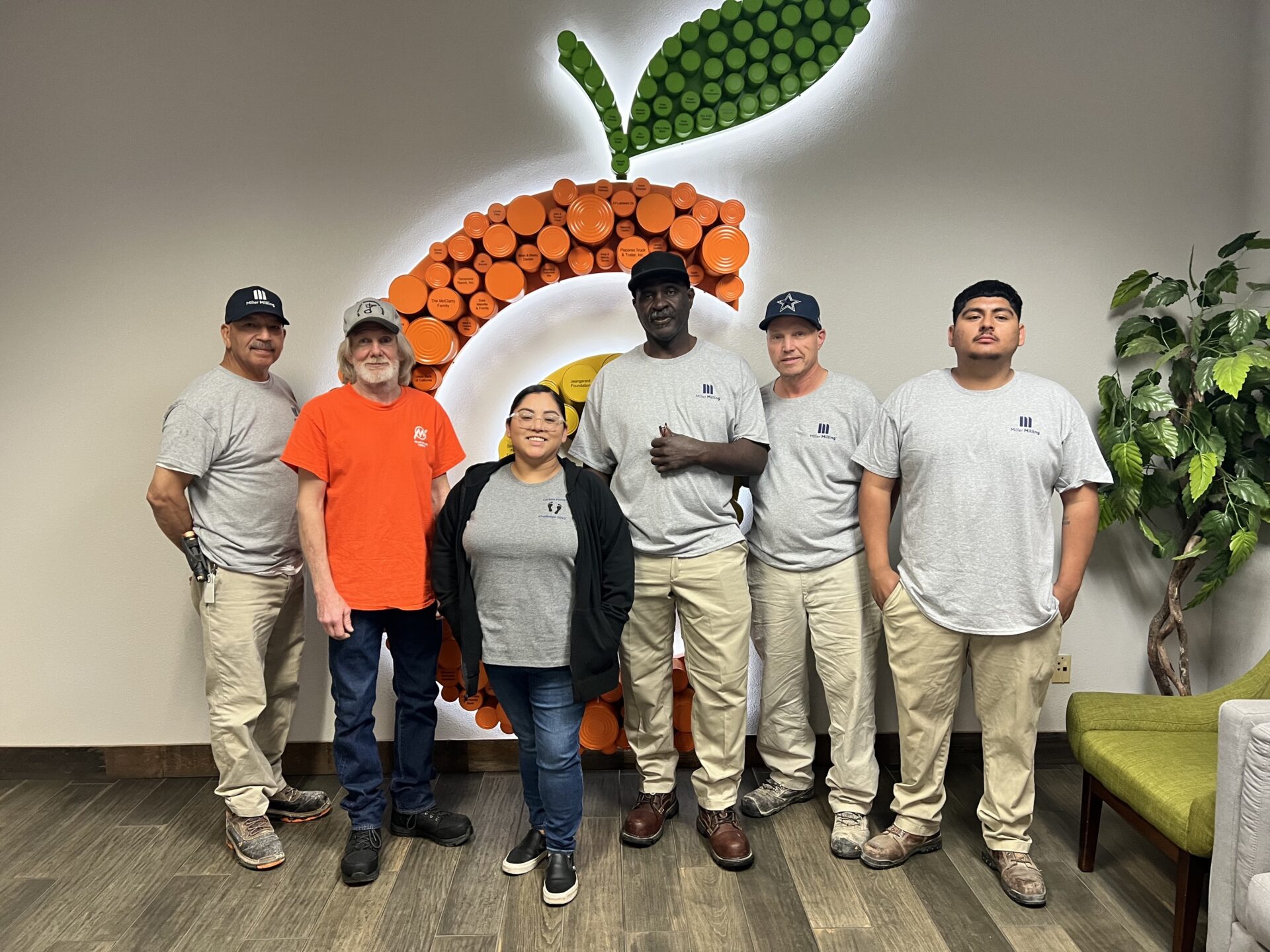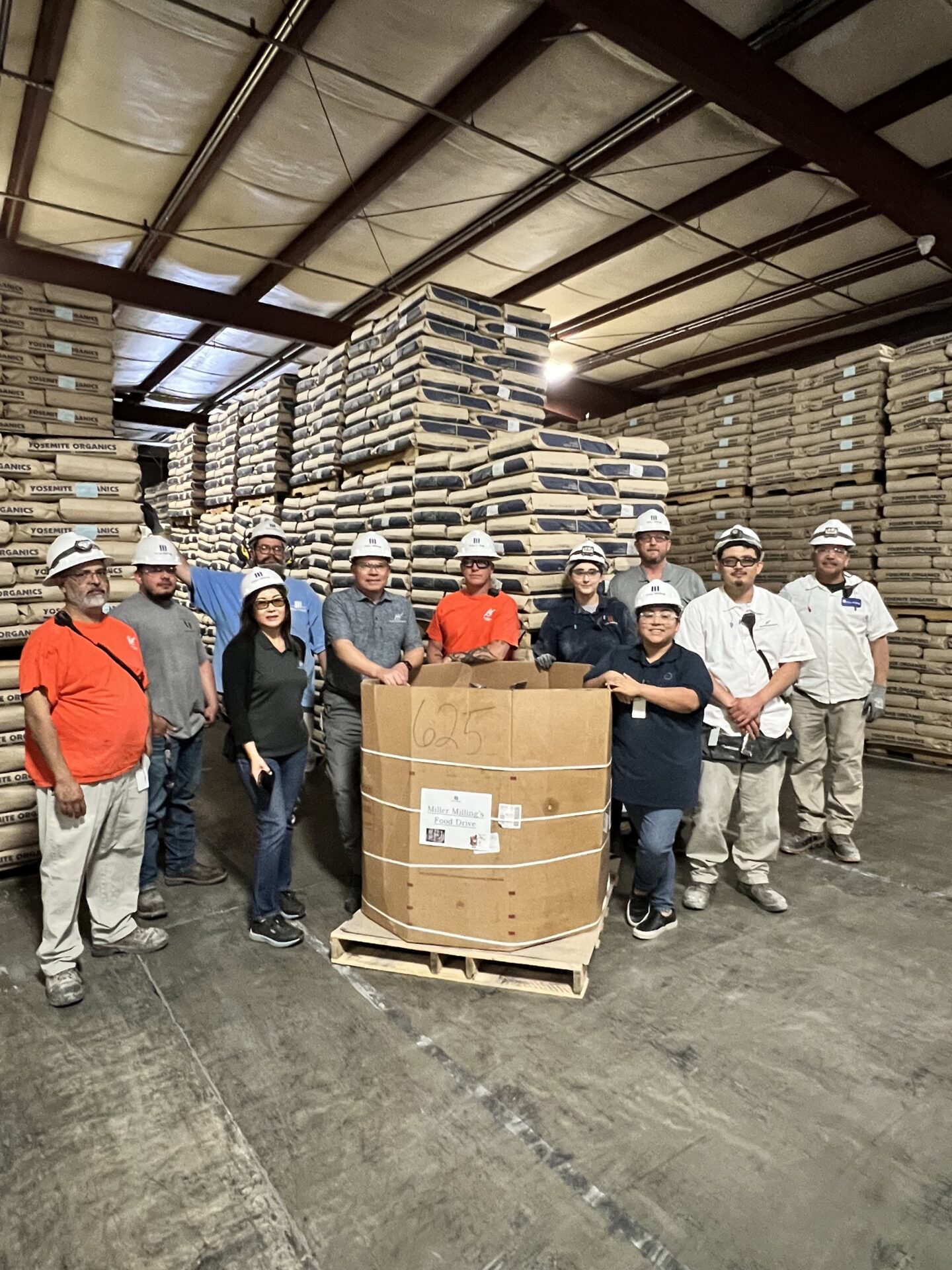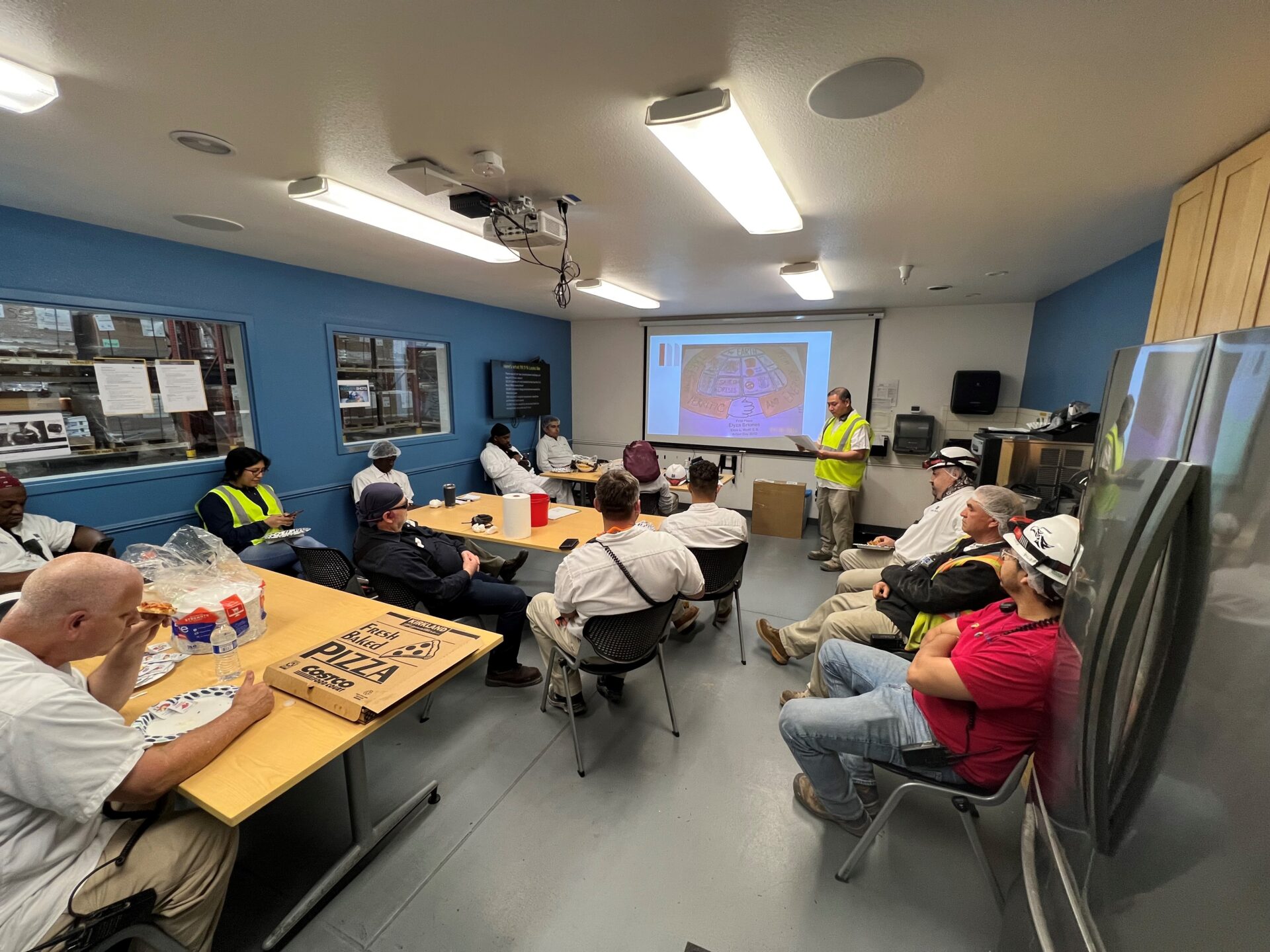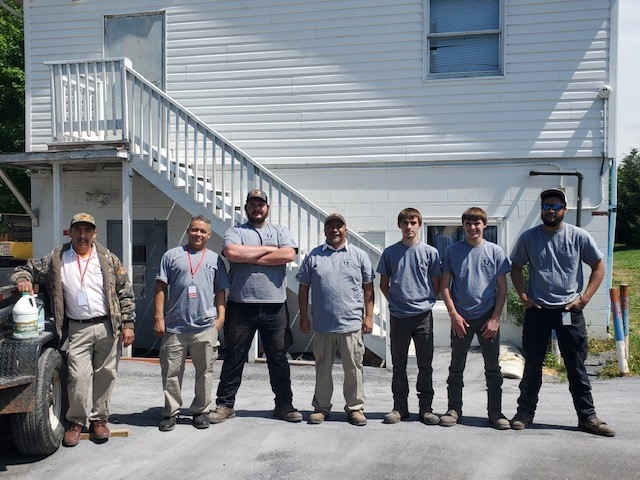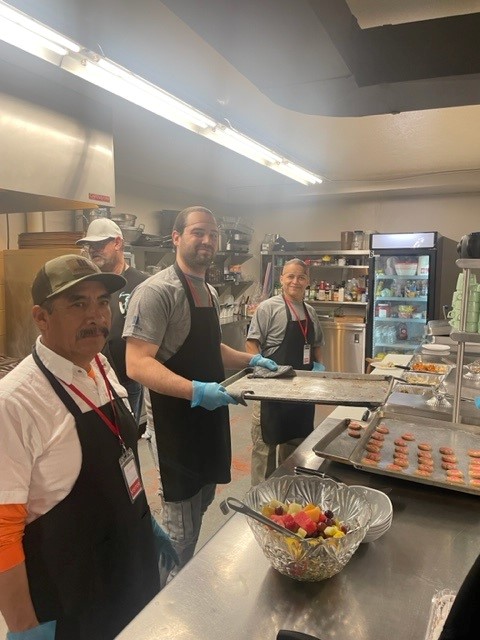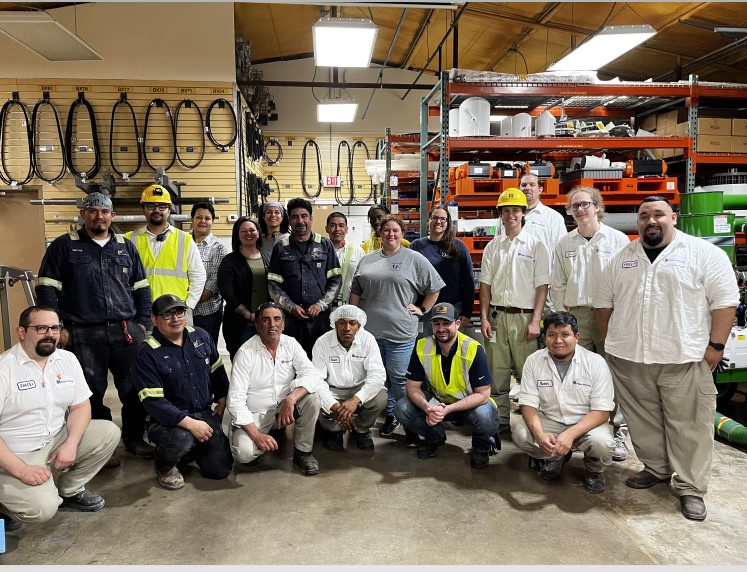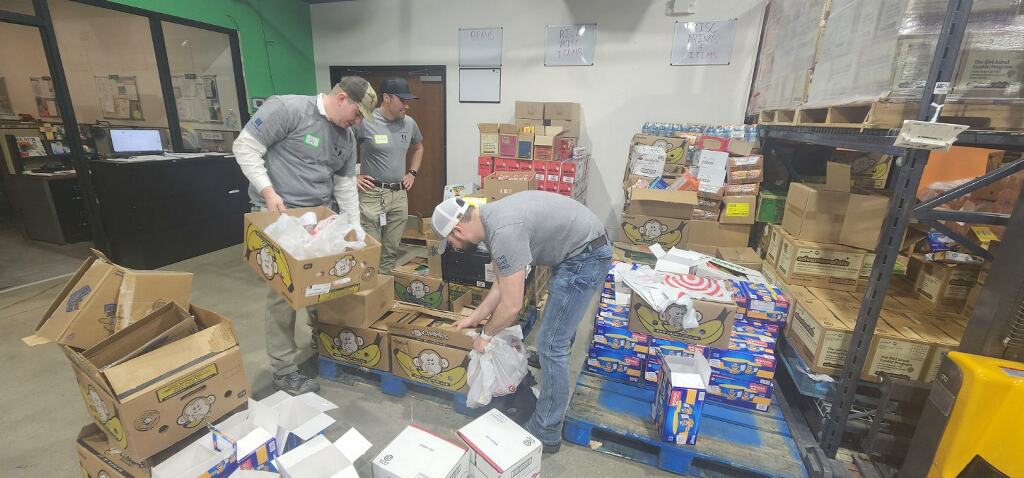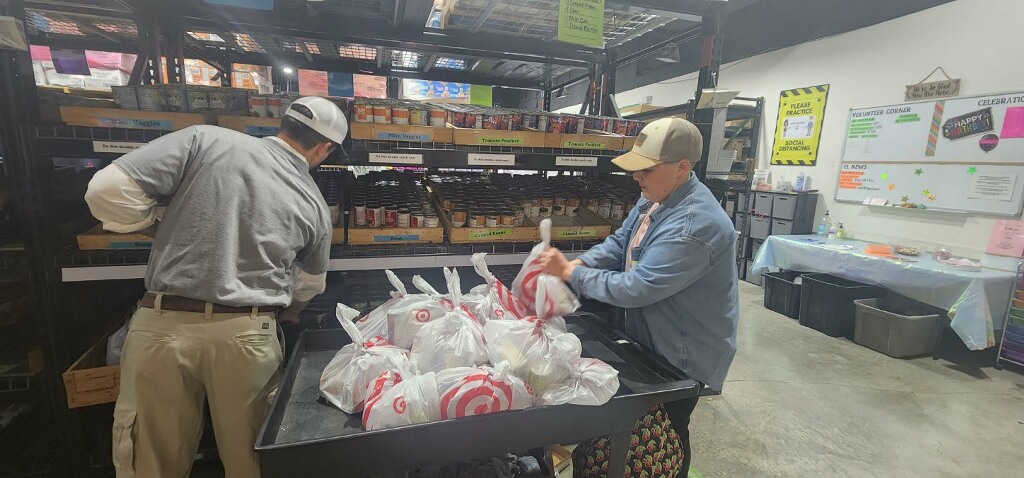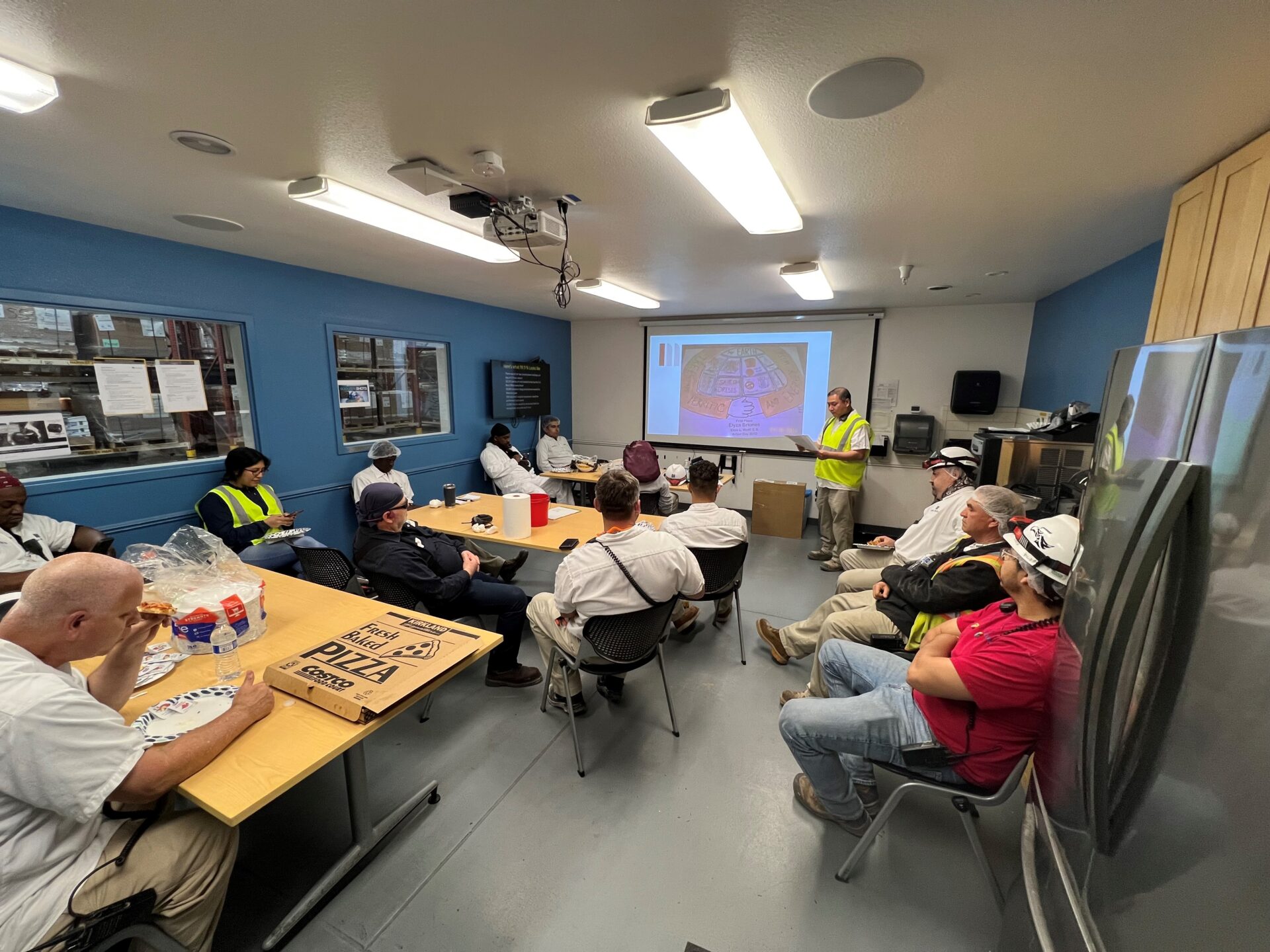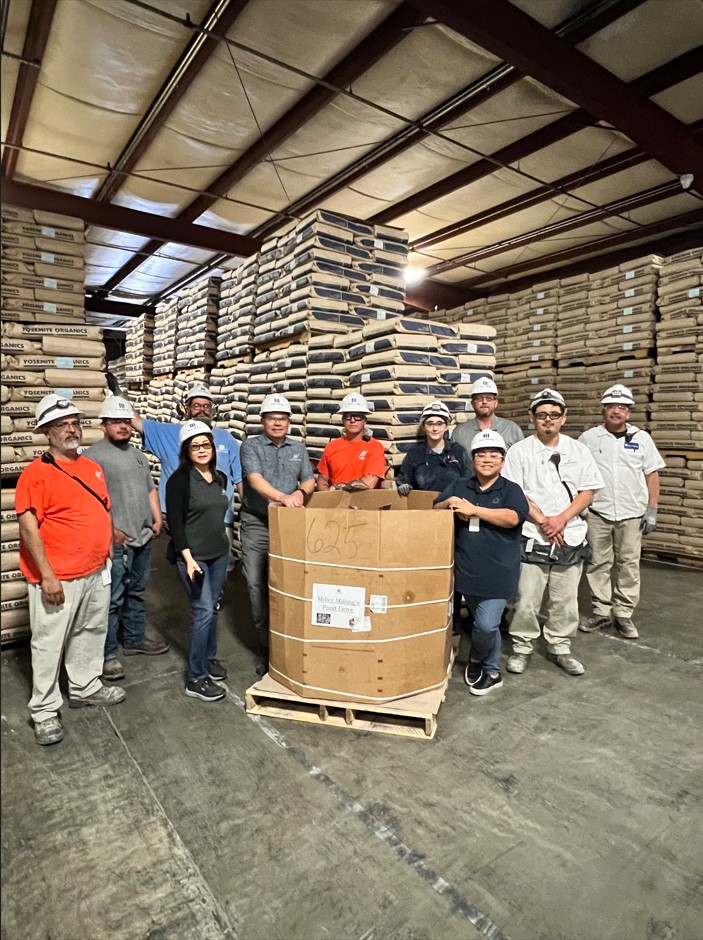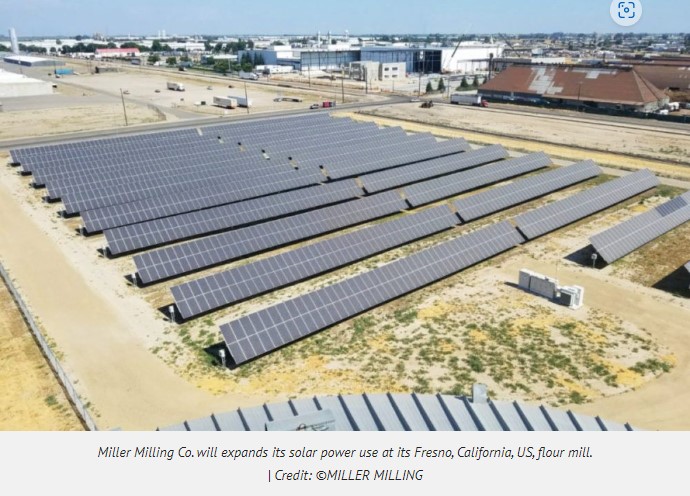This year was Miller Milling’s second annual Sustainability Week! The week was a success due to the engagement of every team across the company. Thank you to everyone who participated! This year’s theme was Educate, Communicate, and Act with the various activities of the week being aligned with one or more of the topics.
Sustainability Week Calls Recap
Kickoff Call
The week started out on Monday with a Kick-off call in which the company heard from Joe Girdner, CEO and Seichiro Takahashi, Nisshin Executive Officer of Environment about the importance of sustainability at Miller Milling and beyond at Nisshin Seifun Group. The company then welcomed Sarah Beth Aubrey, a special guest speaker of the week. Sarah Beth highlighted the importance of aligning the ESG strategy at Miller Milling with the company values of Safety, Service, Accountability, and Collaboration. She also spoke about the risks and benefits of incorporating sustainability into the company’s culture and strategy.
Regenerative Ag Call
On Thursday, we had the pleasure of hearing from the Director of Sustainability at Scoular, Beth Stebbins. Scoular is one of Miller Milling’s important wheat suppliers that we started a Regenerative Ag Partnership with this year. Beth gave the company an informative landscape of regenerative agriculture, how it supports sustainability goals across the entire supply chain, and shared details about our program.
Sustainability Highlights Call
To wrap up the week on Friday, the company had the opportunity to hear from the Plant Sustainability Teams about their volunteer efforts from the year along with their most successful sustainability projects. The company was successful in completing 845 hours of community service collectively, showing each location’s commitment to their local communities. Additionally, the Plants identified and implemented several sustainable solutions at the mills ranging from eliminating Styrofoam cups, to LED projects, to diverting organic waste from landfills, to installing EV chargers.
Sustainability Week Activities Recap
Lunch & Learn: Recycling
This year’s Lunch & Learn topic was recycling. Although recycling seems like a simple topic, it can be more complicated than one might think. The Lunch & Learn covered what exactly recycling is, recycling statistics, why recycling is important, what cannot be recycled, how to recycle correctly, and ways to reduce waste in everyday life. Attendees were entered into a raffle to win a hydroponic indoor gardening system at each location.
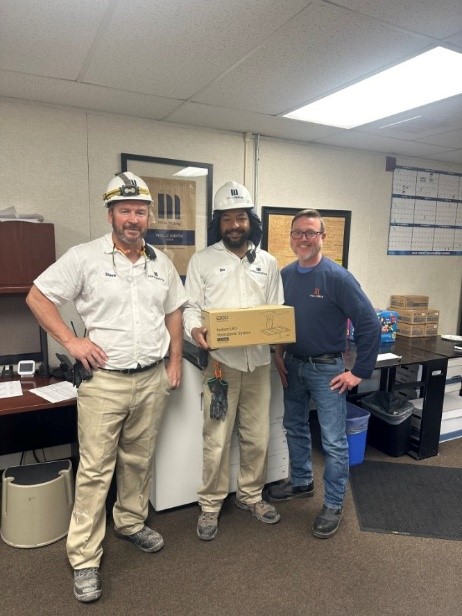
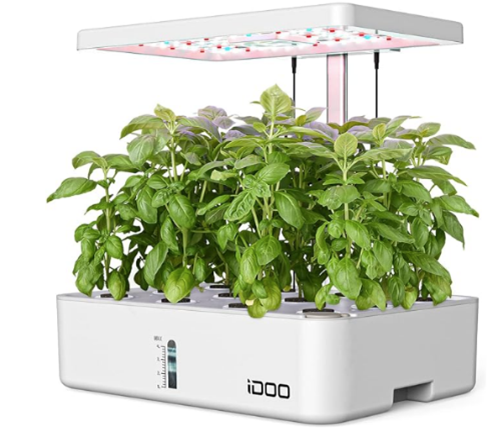
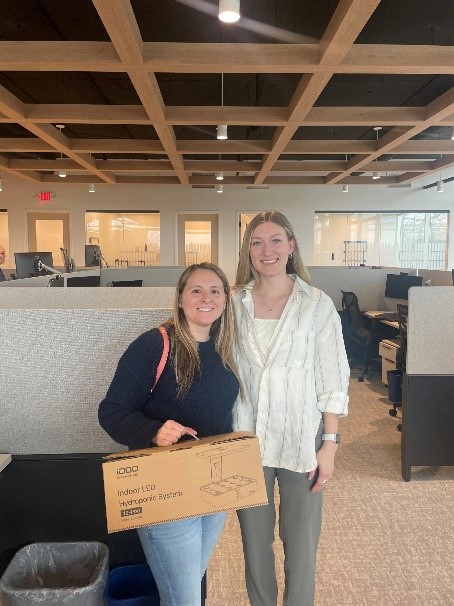
Local Volunteer Events
An important part of sustainability at Miller Milling is the presence we have in our local communities. Volunteer events were a big part of the week for every location. We are off to a great start towards our 2024 goal of 1000 hours of community service! Below are the organizations that each location volunteered at during Sustainability Week:
- Winchester: Apple Blossom Festival, Rescue Mission Clean Up, and Blood Drive
- Saginaw: CommunityLink Food Bank
- Oakland: Alameda County Community Food Bank
- Fresno: Central California Blood Center and Food Bank
- Los Angeles: LA Regional Food Bank
- Corporate: Open Arms of Minnesota
Carbon Footprint Challenge
The Carbon Footprint Challenge was meant to spark individual awareness and reflection of the impact everyday activities have on the environment. Many of our day-to-day decisions impact the carbon footprint we have, and it is often something we are not conscious of. Some of the topics the challenge measures are travel, home, food, and shopping. Those who participated were entered into two raffles: one for the grand prize of an e-bike or mountain bike, and one for a local prize of a Force of Nature Grill Master Box.


Food Drive
Each location held a food drive in which employees brought in non-perishables throughout the week. The items were then donated to local food banks to support those in need. The company collected a total of over 1000 pounds of food!
Sustainability Suggestion Box
Employees submitted their suggestions of how Miller Milling can be more sustainable at the mills, offices, and beyond throughout the week. These suggestions will be used by the local sustainability teams to implement new projects that will continuously improve our impact on the environment.
____________________________________________________________________________________
As we celebrate Earth Day today, know that your contributions—however seemingly small—are meaningful. As Jane Goodall once said,
“The small choices we make each day can lead to the kind of world we all want for the future.”
Thank you to the Sustainability Vision Team, the Plant Sustainability Teams, and each employee who participated in making Sustainability Week a success!
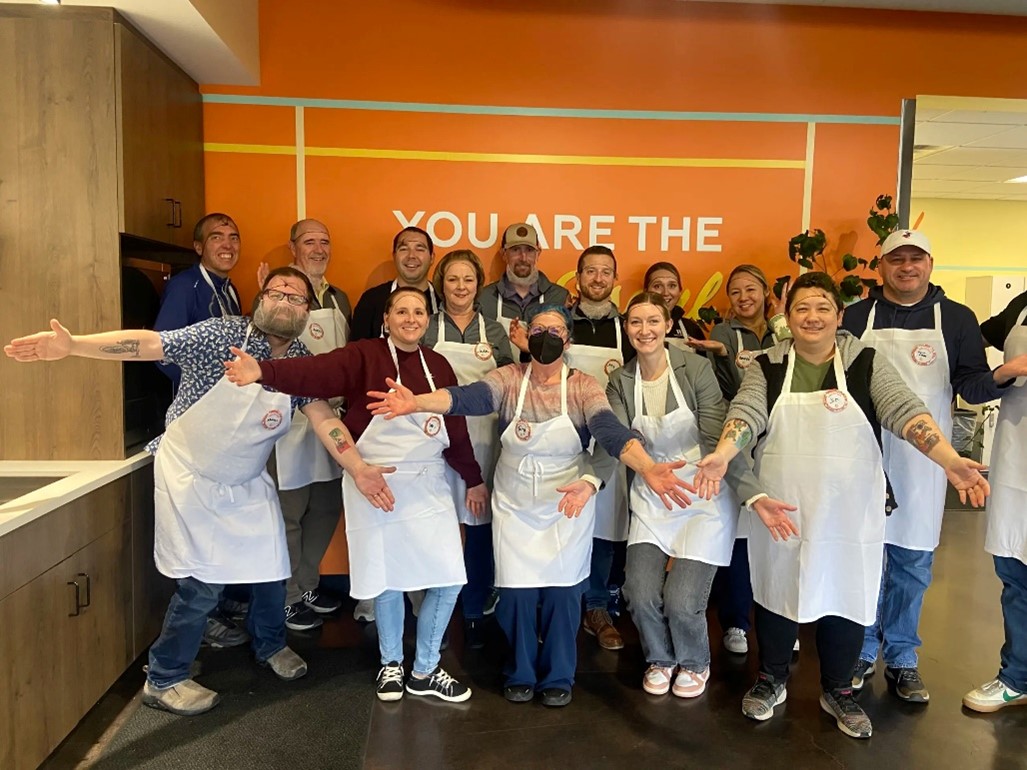
Corporate
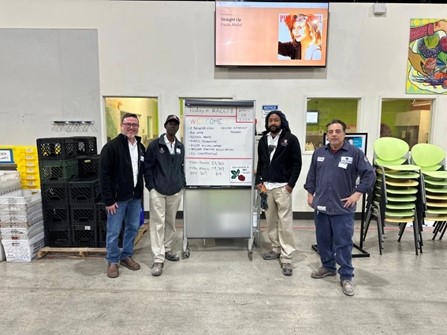
Oakland

Los Angeles
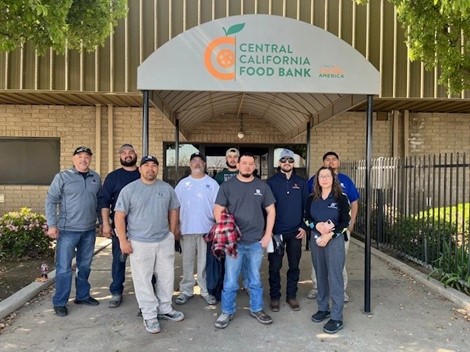
Fresno
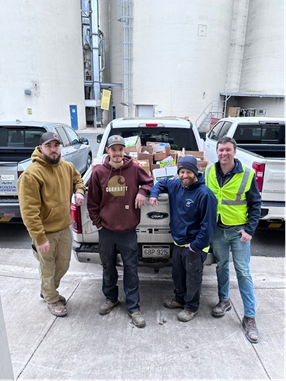
Winchester
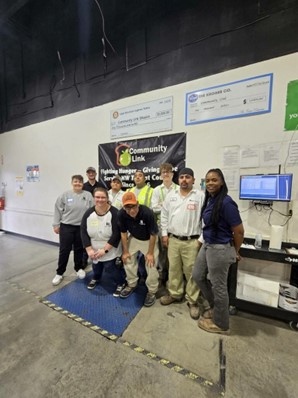
Saginaw

